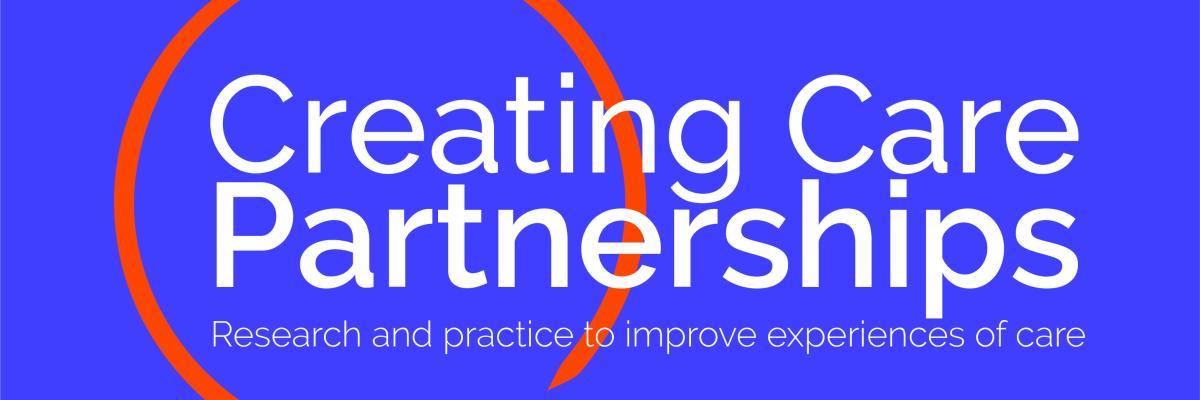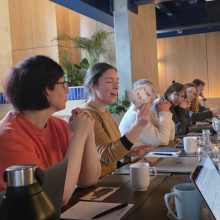Back in 2009, I was a fresh faced researcher, working as an intern in the Office of the Chief Researcher in the Scottish Government. I was at an event listening to a talk by the then Chief Social Researcher, Diana Wilkinson. She was presenting on what influences policy makers to make the decisions that they do. There was a very sobering slide on how much politicians were influenced by evidence within their decision-making.
Unfortunately, evidence only snuck in there as influence number eight. Coming ahead of that was pretty much everything else you can think of… it was party politics, it was personal opinion, influences of friends, budget constraints, past anecdotal experience, underlying ideology. The point of exploring that in the presentation was highlighting that we really can only strive to get towards ‘evidence-informed’ policy (not wholly ‘evidence-based’) and try and get that knowledge in there as part of policy making.
This also highlighted to me that having reactive approaches to try and inject evidence into influencing a single person or event, or one point in time, is not the most effective strategy. A potentially more effective way is to try and influence the system structures - the existing networks and connections that exist - to raise the use and value of evidence as a whole, and to take advantage when the time comes for that to be embedded within any decision-making process.
Research alongside practice
The reason I was thinking back to this was that in our world in Iriss, we are not necessarily trying to influence the decision-making directly of politicians, but rather, we are often looking to try and increase the use of evidence in social work and social care practice.
We are currently working with a group of great organisations (led by Professor Annette Boaz at Kings College London) on an NIHR funded project called Creating Care Partnerships. This is a project that received funding to support three Research Practice Partnerships (RPPs) across England. These partnerships are characterised as long-term collaborations between research and practice organisations that engage in research to create improvements within a particular practice area. They intentionally shift power dynamics so that all partners have a say in joint work and diverse forms of expertise are harnessed in collective learning. They fund and build collaborations between practice organisations and academic researchers to help build longer term relationships and trust. You can read our full paper in the Journal of Long Term Care if you want to know more about the hopes of trying out this approach.
Over the last couple of years, we have been learning alongside these partnerships, seeing what works in the RPP approach, and potentially where this could be further scaled and spread across other areas (I’m obviously thinking Scotland!) For me, there have been some key things to see. Firstly, the partnerships (and roles within) are funded. In other words, capacity is intentionally created, it is not assumed that people pick this up voluntarily, or that it is just another add-on to the day job. Secondly, a Lived Experience Reference Group (led by Shaping our Lives) sits alongside the work and partnerships, inputting and feeding back on approaches and progress from the perspective of those who have received care and support. Thirdly, it has taken time to build the partnerships and get work going. I know, from painful experience in the evidence into practice sphere, that progress most often breaks down because of time and capacity. Seeing this supported through this project has been refreshing! Finally, and why I’m glad to be working with such great partners on this, design and method support (Sheffield Hallam University) and implementation and evaluation support have been offered along the way, helping partners think through not just what can be produced, but how it can practically be used in practice (Research in Practice have been a key part of this). An element of that is also colleagues from London School of Economics carrying out an economic evaluation of the work. It is rare for this to happen in social care spheres, so having those with the lens and skill to be able to put this into investment into money terms will be hugely helpful.
The work hasn’t finished yet, and we are still to fully get into the areas of potential sustainability and scale of the existing partnerships and future potential, which we will be exploring with the Point of Care Foundation. When we get there I will be sure to be shouting about it!
If you want any more information about the project or the approach, please do get in touch - stuart.muirhead@iriss.org.uk




